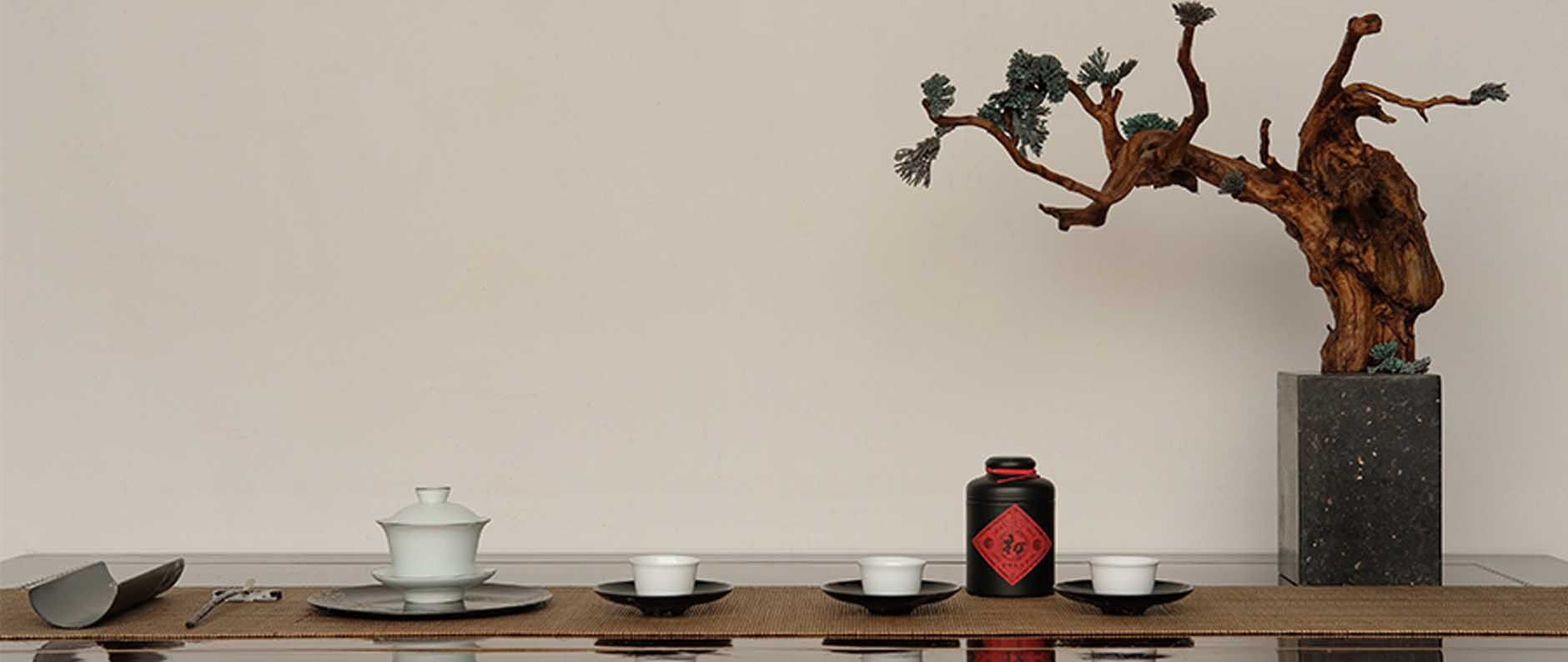Chinese Wedding

Chinese Wedding Rituals and Celebrations
China is one of the richest countries as far as culture is concerned. Weddings there are lavish and observed with lots of enthusiasm, pomp, and color. Here is your guide to everything that you need to observe as you prepare to impress your Chinese relatives. Follow it keenly and your wedding day will be happy, perfect and auspicious.
Some rituals observed in weddings in China date back centuries ago. These are accentuated by modern practices, most of which are borrowed from western cultures. A summary of these includes the proposal, inquiry of birthday, family orientation, fixing a wedding date, presentation of betrothal gifts, delivering the bridal dowry and the wedding ceremony itself. Let us go through some of these in more detail.
The Proposal
In past decades, parents of the groom arranged marriage. When the young man’s parents had spotted a prospective bride, they sent an emissary to match-make a possible union proposal at the home of the girl’s parents. However, this practice has been overtaken by time. Today, it is up to the groom to approach the girl and propose, upon which each will notify their respective parents.
Presentation of the Betrothal Gift
Once the parents and families of the young man and the young woman agree to wed their children, a ceremony is held for the presentation of a betrothal gift. This happens two or three months prior to the wedding itself. Here, the groom and his family bring gold, jewelry, clothes, money and a betrothal letter to the family of the bride.
At the presentation, parents of both sides agree on the dowry amount and payment date. Dowry items include money, grains, foodstuffs, bedding, jewelry for the female relatives and suits for male relatives. The bride’s family gives a small return gift to the visiting guests to symbolize sharing among the two families.
Preparations for the Wedding
A wedding date is fixed by an experienced person from the bride’s family. He observes the Chinese “tung shing”, which is a divination guide according to the birthdays of the bride and groom. Chinese people believe that the chosen date is holy and must be respected by both families. What follows thereafter is the building of the traditional bridal hut and bed, where the two will sleep on their first night as a couple.
The night before the wedding, both the bride and groom will have a separate cleansing ceremony. They will bathe with pomelo or pomegranate leaves to ward off bad luck and evil spirits. They will then wear brand new clothes and shoes. A close family member, such as a brother, sister or cousin will be appointed to comb the hair of the soon-to-be husband and wife.
The Wedding Day in China
The groom goes to the home of the bride early on the morning of the wedding day. There, he is met by younger girls who tease him to see how committed he is to his future wife. Next, they ask for cash rewards and gifts. He will then carry the bride to a specially designed sedan chair. Once the parents give the green light, the two will be escorted to the groom’s home amid blaring trumpets.
A ceremony of bowing to earth and heaven is held. The couple stands at the family altar in front of their parents. After bowing to all elderly members present, they bow to each other. The same person who fixed the wedding date will then recite traditional chants to wed the bride to her new groom.
Chinese Wedding Dinner
The function culminates in a lavish dinner in the early evening. The bride serves tea to her husband first, his parents, siblings and finally to his relatives, friends, and neighbors. This indicates that she is ready, willing and able to assume her new role as a wife. Then the entire group sits at a large banquet where food and refreshments are served.
The following is a delicate mix of common modern Chinese songs.
- “Xingfu Daohang” (Navigate Love) – by Renee Chen
- “Zuo Ni De Gong Zhu” – by He Yao Shan
- “Jiehun Jinxingqu” (Wedding March) – by Andy Lau
- “Marry Me Today” – by Jolin Tsai & David Tao
- “Zuì Zhòngyào De Juédìng” (The Most Important Decision) - Fan Fan
- “Zuì Làngmàn De Shì” (The Most Romantic Thing) – by Timi Zhuo
- “Ni Shi Wo Xin Nei De Yi Shou Ge” (You Are The Song In My Heart) – by Leehom Wang & Selina Ren
- “Ài de zhènghǎo” (Just Love) – by William Su & Kit Chan
- William Su & Kit Chan – “Wǒmen jiéhūnle” (We Got Married) – by William Su & Kit Chan
- “Everlasting Love” – by Jacky Cheung
Traditional Chinese beef is a special treat at the wedding dinner, and so is a special milk preparation. A traditional brew is given to guests and children are permitted to take a little. The celebration goes on until late in the night. The husband and wife are then showered with gifts such as money, cutlery, bedding, and foodstuffs. They are escorted to their new house by an army of selected young men who will guard the house until the next day.







